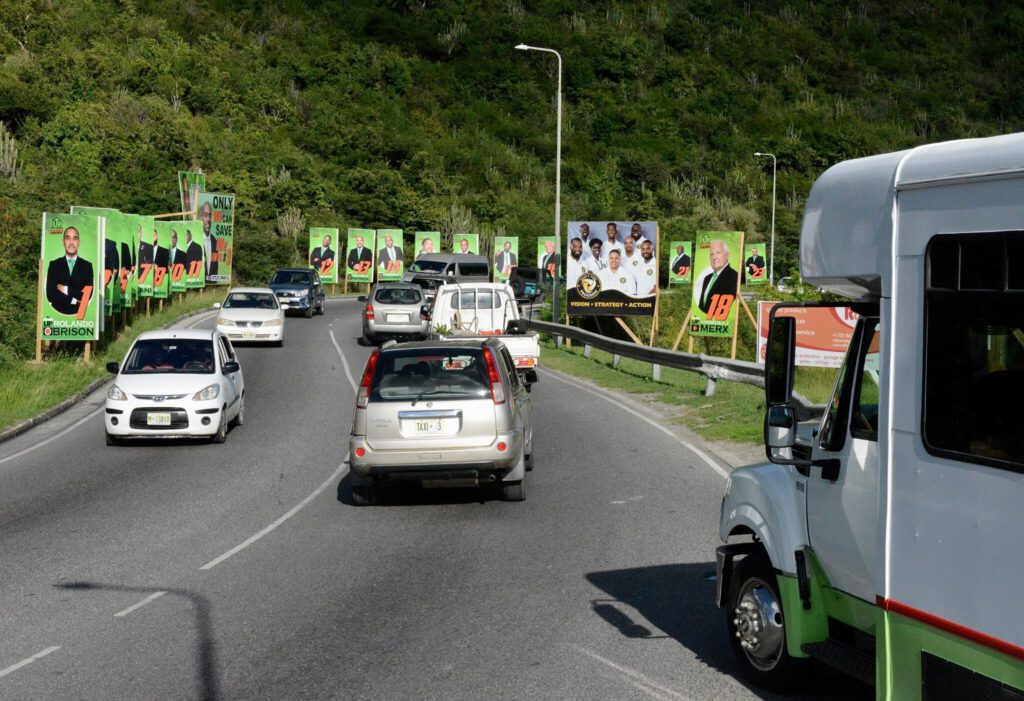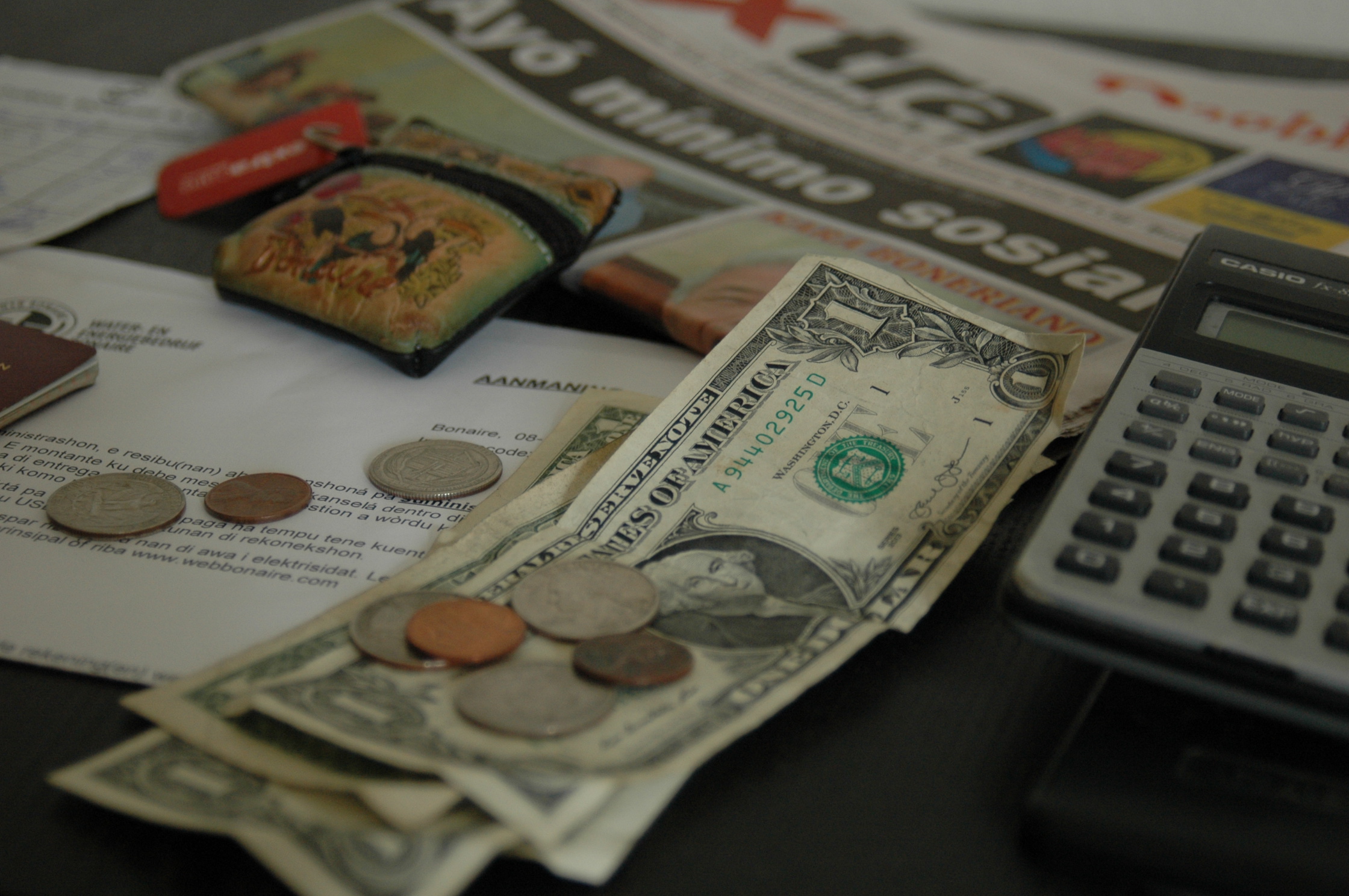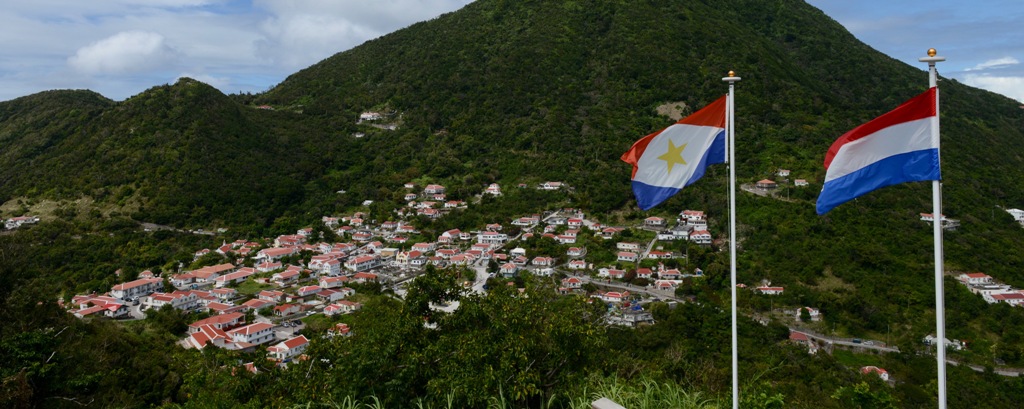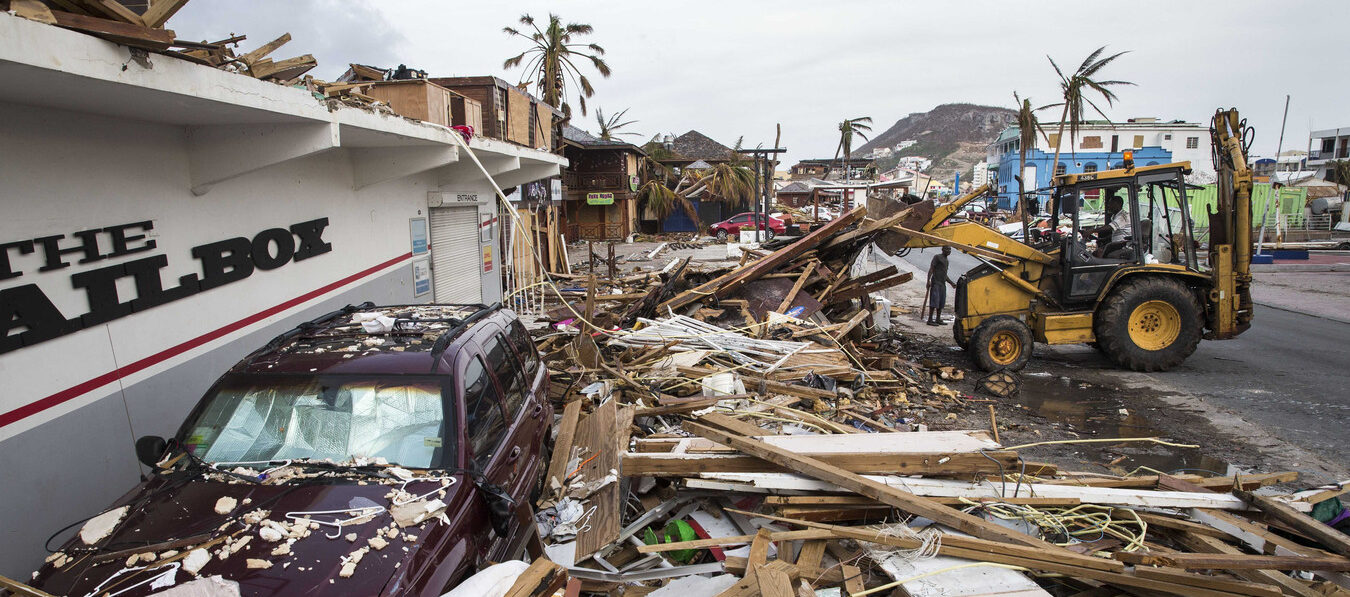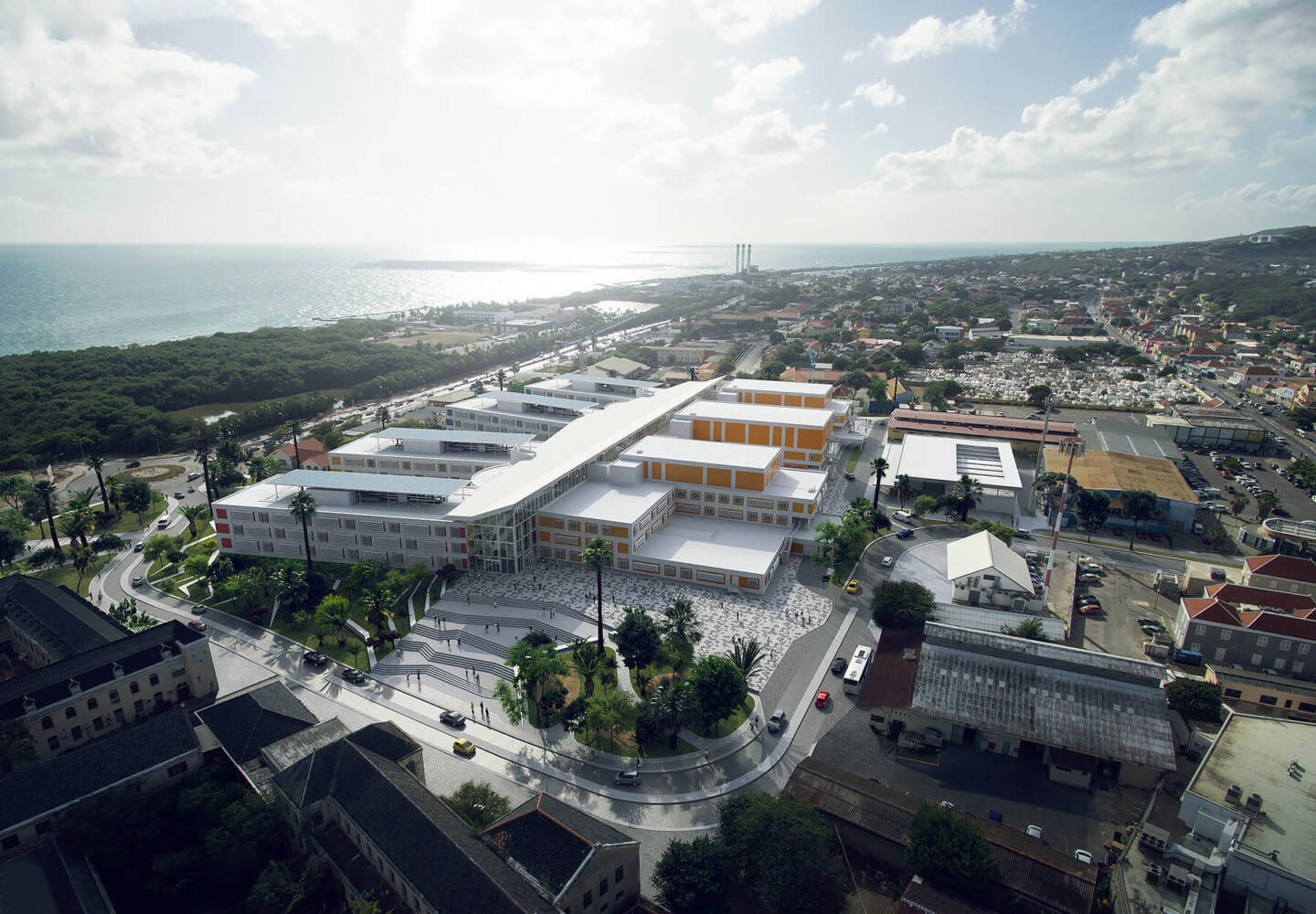PHILIPSBURG – It will be an extra busy election day for Sint-Maarten on Thursday January 9th, because five cruise ships, all carrying an average of 3000 passengers and hundreds of crew members, will dock at the port. “Police officers from Curaçao, Bonaire, and Aruba will assist us in maintaining public order, safety, and directing traffic”, says chief of police Carl John.
Traditionally voters and party supporters travel from polling station to polling station. Taking into consideration the thousands of tourists that will be going on day trips, the police will be taking extra precautions to manage the expected traffic congestion.
This will be done by utilizing drones that will transmit information about the situation on the roads three times a day and by using police escorts to ensure that tour busses return to the ships on time, John explains. He doesn’t want to say how many police officers are coming in from abroad to help out on this day.
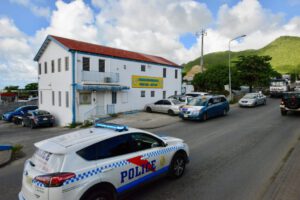
Police stations also serve as polling stations – Picture: Tim van Dijk
23.130 individuals – 220 more than the last elections in 2018 – get to cast their votes on Thursday. They’re allowed to vote for one of the 111 candidates, representing one of the seven parties, vying for one of the 15 seats in Parliament.
The outcome of the elections will be a surprise compared to the previous elections, seeing as the most popular candidate from the previous elections, Theo Heyliger of the United People’s Party (UP), has withdrawn from active politics. His popular second in command, Franklin Meyers, is also not participating.
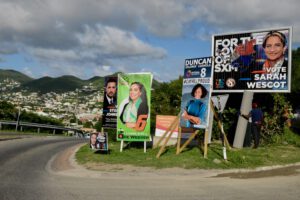
There are seven political parties partaking in these elections – Picture: Tim van Dijk
Together, Heyliger and Meyers were good for 1.700 votes for the UP in 2018, which is now being led by the defector from the United St. Maarten Party (USp), Rolando Brison. Brison only managed to get 278 votes in 2018. However Heyliger’s wife, Grisha, is number four on UP’s list. For the first time in history, two Dutch lawyers are on party lists: former chief prosecutor Cor Merx (18th on UP’s list) and Remco Stomp (6th on United Democrats (UD) list).
No reliable polls
Using the data from the 2018 elections, it seems likely that the National Alliance (NA) will be the biggest winner in these elections. The current NA-candidates were good for 3.930 votes in 2018; the UP is far behind them in second place with 1.373 votes, followed by UD (1.199), and the Christian party SMCP (1.042). Candidates on the severely weakened USp list received a mere 742 votes four years ago.
There are no reliable polls available and the two that have been published differ widely. The poll from sxmelections.com predicts that the results will be as follows: SMCP 35,9 percent; UD 25,6 percent; newcomer PFP (Party For Progress) 15,4 and NA 12,8 percent.
Polling done by stmaartennews.com suggests that the NA will receive the most votes (36 percent), followed by UP (28) and UD (17). SMCP gets a mere 9 percent in this poll and the PFP 4 percent.
No observers, election officials from AnguillaThe government of Sint Maarten did not invite international observers to observe the election. This to the chagrin of Dutch politicians. According to the government of Sint Maarten this is due to a lack of funds. But according to the latest press release from the leader of the SMCP, the Dutch government offered to cover these costs. Whether or not that is true, has not been confirmed. Jason Rogers, director of the head polling station, notes that they invited their ‘Kingdom partners’. Those are not observers, he says, because only the government can invite those, but rather ‘colleagues from election organizations from the other countries who join as guests’. The invite went out to organizations from the Netherlands, Curaçao, and Aruba, but they couldn’t join due to ‘the short notice and the logistics’, according to Rogers. Since a meeting in 2017, the election organizations have vowed to help each other with knowledge. Rogers: “We also have contacts on the neighboring islands like Anguilla, St. Barths, US Virgin Islands, and St. Thomas. Our colleagues from Anguilla will be joining us to see how our election system works here.” |




